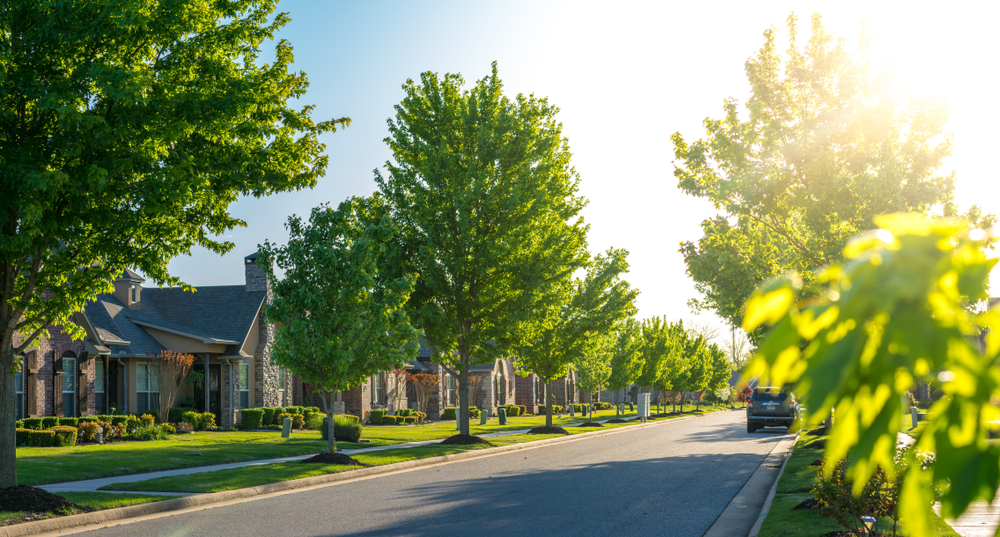Locksmith In
Shively

Schedule An Appointment With A Locksmith In Shively
Fill out your details below and we will reach out as soon as possible.

Our Locksmith in Shively
VIP Locksmith in Shively takes great pride in offering services that are second to none when it comes to being honest, efficient, and reliable. Our main goal is to protect the security of our customer with our innovative solutions specifically tailored to their security needs. We are determined to surpass all browsing associated with locksmiths, by providing our premier professionals that are dedicated to the belief that our customers should constantly feel secure and confident every time they trust us with the key.
We Are The Best Locksmith In Shively
We service the Shively and surrounding areas. Locksmith in Shively with the most diligent certified locksmiths in the area.
Yes, everything we need to make your auto key is on one of our locksmith vehicles. Should you have any questions about the specific make and model of car key you need, please give us a call at (502) 537-0775
- Business Locksmith Services
- Home Re-keying
- Key Duplication
- Vehicle Unlocking
- Unlock Sentrysafe
- Automobile Keys
We have over 13 years of experience in the locksmith business
We Are The Best Locksmith in Shively

Shively is a home rule classified city, located in Jefferson County, Kentucky, United States of America. It functions as a suburban area of Louisville Located on the south side of the county, it is situated between Louisville, KY and Valley Station, KY.
In 1778, Louisville was founded at the Falls of the Ohio. Farms quickly spread out into the surrounding countryside, including tracts owned by Col. William Pope, Maj. Abner Field, and the Shivelys, Christian William and Jacob. Christian opened a tavern and mill on his 1,000-acre (400 ha) tract, which was adjacent to Mill Creek and the road connecting Salt River to Louisville (This road was later incorporated into the Louisville and Nashville Turnpike). These buildings attracted other settlers, and this settlement soon became the “Shively precinct”. He donated the land for a church in 1816, which today is Parkview Methodist.
1831 saw the opening of a stagecoach stop. The Elizabethtown and Paducah Railroad arrived in the 1870s. The area became a magnet for German immigrants, mostly from Bavaria, shortly before the Civil War. In 1897 St. Helen’s Catholic Church was erected by them. For the next several years the community was often called St. Helen’s, but the post office (est. 1902) could not accept the name because there was already another community of that name in Lee County.
In 1904, a streetcar line was extended and Prohibition ended. Afterward, Whiskey Row sprouts at the terminus. In the Great Depression a decade later, Louisville tried to annex it and tax it, and the distillers prodded the locals into incorporating their corner separately (May 23, 1938) and getting their district taken into their new city instead: Their $20-million-a-year revenue stream left the small city with money to burn. In the ’50s, Shively was the fastest-growing Kentucky city as white flight and suburbia rolled south from Louisville.
For years it had been a de facto whites-only segregated territory. In 1954 black veterans and electrician Andrew Wade IV and his wife Charlotte, unable to buy a suburban home because of Jim Crow housing discrimination, were aided by activists Carl and Anne Braden. The Wades chose a house in Shively they wanted to buy and Carl Braden bought it and deeded it to them.
Soon after, the Wades’ house was repeatedly attacked. Crosses burned on a vacant lot next door. Rocks are thrown through every window in the house. Forty shots were fired from a rifle right into the home. And finally, a dynamite bomb exploded under their daughter’s bedroom while they were inside the house. (No one was injured.)
It hit the papers across the country. Anne Braden, a white lawyer and one of the only public white defenders of racial equality in the area, published a memoir called The Wall Between in 1958. The crime was never solved. But the Bradens were charged with sedition as a result of their protests. Carl Braden was found guilty and sentenced to 15 years in prison; he spent seven months in jail before state sedition convictions were overturned in a 1956 U.S. Supreme Court ruling in a related case. Following the bombing, the Wades left and only a few blacks dared to move in. The suburb remained a mostly white “sundown town” until well into the 1960s. Since the 1970s, the black population has risen to about 30 percent, a higher share than in the Louisville metropolitan area as a whole, and over twice the share in the U.S. population as a whole.

